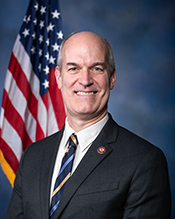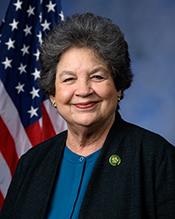S. 328: Stop Sports Blackouts Act
This bill, known as the Stop Sports Blackouts Act, aims to address the issue of blackouts in video programming, particularly related to sports broadcasts. Here is a breakdown of its main components:
Purpose of the Bill
The primary goal of the bill is to create regulations that ensure subscribers receive rebates when they are unable to access video programming that they were promised at the time of their subscription due to a blackout. This is particularly relevant for situations where negotiations between service providers and content providers fail, resulting in the loss of access to certain programming.
Key Definitions
- Covered Negotiation: This refers to negotiations concerning retransmission consent of television stations or the carriage of video programming from entities that are not traditional broadcast stations.
- Provider: This term includes cable operators and providers of direct broadcast satellite services.
- Television Broadcast Station: As defined by existing law, this refers to entities that transmit television programming.
- Video Programming: This encompasses the content provided through video services, as understood in the context of the law.
Responsibilities of the Federal Communications Commission (FCC)
The bill mandates the FCC to establish new regulations within 90 days of the legislation's enactment. These regulations will require:
- Providers to issue rebates to subscribers if they deny access to video programming due to a covered negotiation.
- The FCC will also determine the appropriate rebate amount that should be provided to subscribers in these circumstances.
Impact on Subscribers
For subscribers of video programming services, this bill aims to provide financial relief when access to promised programming is interrupted due to negotiations that lead to blackouts. It seeks to ensure that subscribers are compensated for any inconvenience or loss of access to services they have paid for.
Implementation Timeline
The regulations developed by the FCC will be established relatively quickly after the bill is enacted, aiming for swift action to protect the interests of subscribers.
Relevant Companies
- CMCSA (Comcast Corporation): As a major cable operator, Comcast may face more direct financial implications as they will need to comply with rebate requirements and manage negotiations with content providers.
- DISH (DISH Network Corporation): As a direct broadcast satellite service provider, DISH may also be significantly impacted by new rebate regulations and the handling of blackouts during negotiations with broadcasters.
- ATVI (Activision Blizzard, Inc.): While primarily a video game company, changes in sports broadcasting access can affect partnerships and marketing strategies related to sports content and events.
This is an AI-generated summary of the bill text. There may be mistakes.
Sponsors
1 sponsor
Actions
2 actions
| Date | Action |
|---|---|
| Jan. 30, 2025 | Introduced in Senate |
| Jan. 30, 2025 | Read twice and referred to the Committee on Commerce, Science, and Transportation. |
Corporate Lobbying
0 companies lobbying
None found.
* Note that there can be significant delays in lobbying disclosures, and our data may be incomplete.























